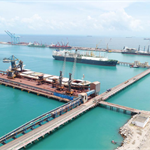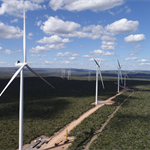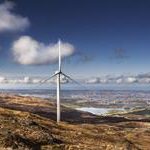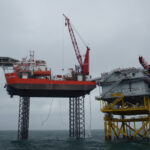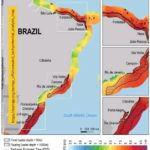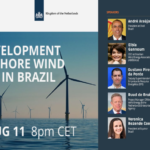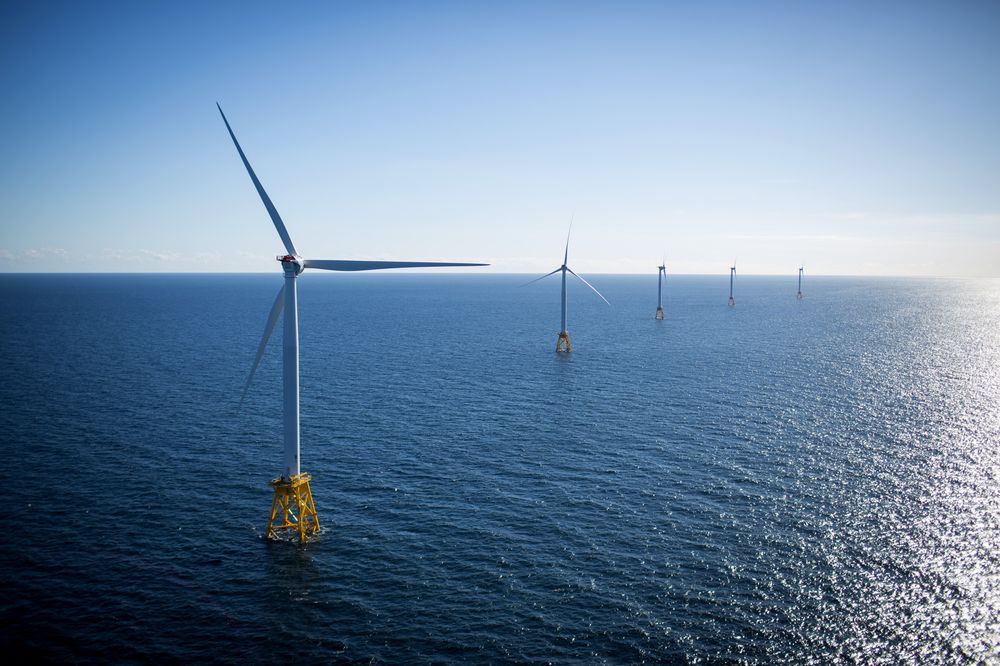Brazil could grant first offshore wind farm licence later this year
Energy Disrupter

Brazil’s wind energy association says a government decree could see the South American country issuing its first offshore wind farm licence later this year, with potential participation in energy auctions next year.
Decree No 10.946, issued late last month by Brazilian president Jair Bolsonaro, is a “good way to start to prepare Brazil to begin receiving investments”, Elbia Gannoum, president of Brazilian wind energy association Abeeolica, told Windpower Monthly.
The decree, which sets out the steps investors must follow to develop offshore wind projects, comes after more than five years of talks between the industry and authorities over the technology.
“We recognized that we had a huge potential, but when we started to talk costs were still very high and we still had a huge potential for onshore wind,” Gannoum said.
Over recent years, however, more and more investors, including Norway’s Equinor and oil giants BP and Shell, have urged the government to prepare for offshore wind.
In 2020, energy research office EPE presented a roadmap for offshore wind while environmental agency Ibama issued criteria on how companies should seek licenses for offshore projects.
Since then, companies (including Bluefloat Energy, Equinor and Qair) have requested environmental permits for 32 offshore wind farms with more than 80GW of installed capacity stretching along the Atlantic coast from Piauí to Rio de Janeiro, according to data published last month by Ibama.
Gannoum is hopeful that the agency could grant Brazil’s first license for an offshore wind farm later this year, which would pave the way for offshore wind participating in an energy auction as soon as next year.
But she added that, given the huge engineering challenges involved, it is likely to take six to seven years for the offshore wind projects to begin producing power. This would mean Brazil could begin to receive its first offshore wind energy by the end of the decade.
The next step is for the government to issue a series of secondary regulations that will set out in detail the various steps investors must take to develop offshore wind projects. These could be ready by the middle of the year.
One question yet to be resolved is how authorities resolve rival claims between investors for the same areas of ocean. The coasts off Espírito Santo, Rio de Janeiro, Rio Grande do Norte, and Rio Grande do Sul are particularly hotly contested.
Gannoum said that these are likely to be resolved by auction, a mechanism already used for onshore infrastructure projects.
The decree has been criticized by some opposition lawmakers for not offering investors the necessary legal certainty that a full-blown law would. Legislation to create a regulatory framework for offshore wind was presented to Congress in February 2021 by Senator Jean-Paul Prates.
Although Abeeolica supports the bill, Gannoum said Brazil’s tense political climate (President Bolsonaro is facing possible impeachment proceedings for his alleged mishandling of the Covid-19 pandemic) and next October’s presidential elections would have made it very difficult to pass new legislation, potentially delaying the industry’s development
“If we had waited for a law, although it might be the best way, we wouldn’t have anything today,” she said.


